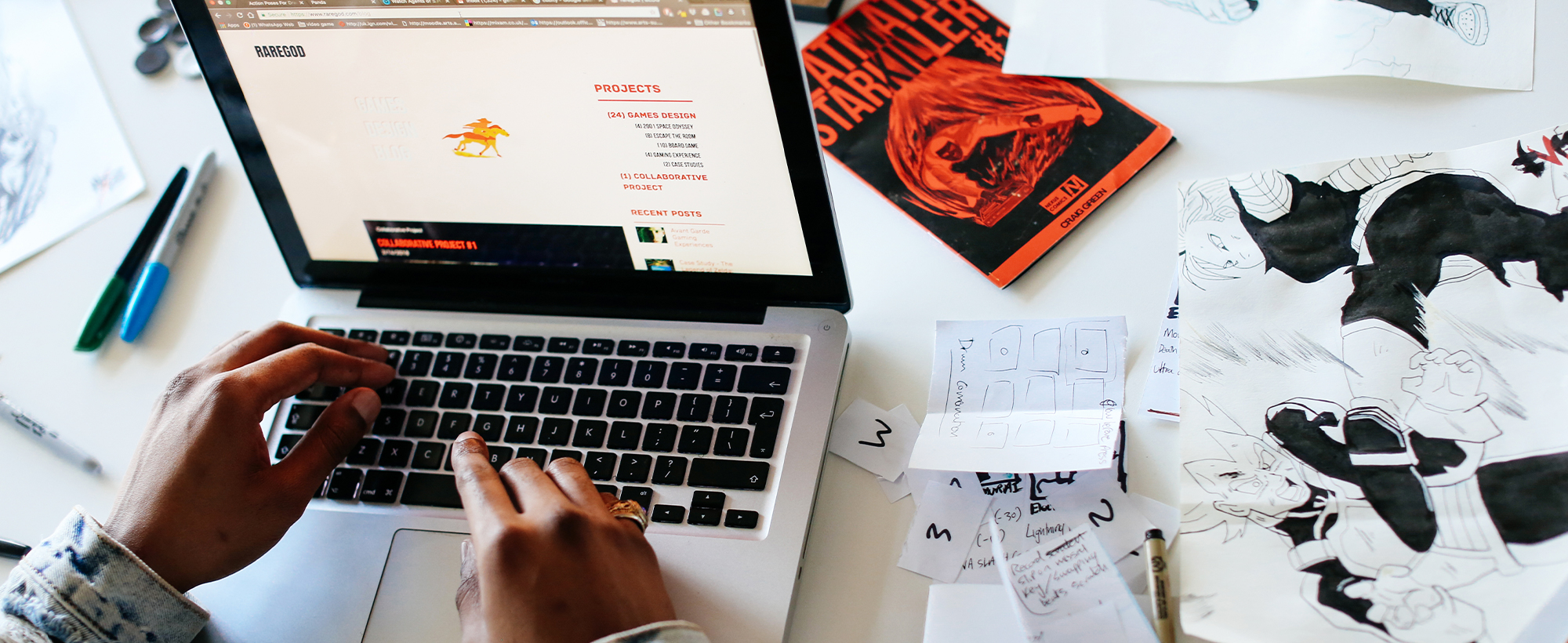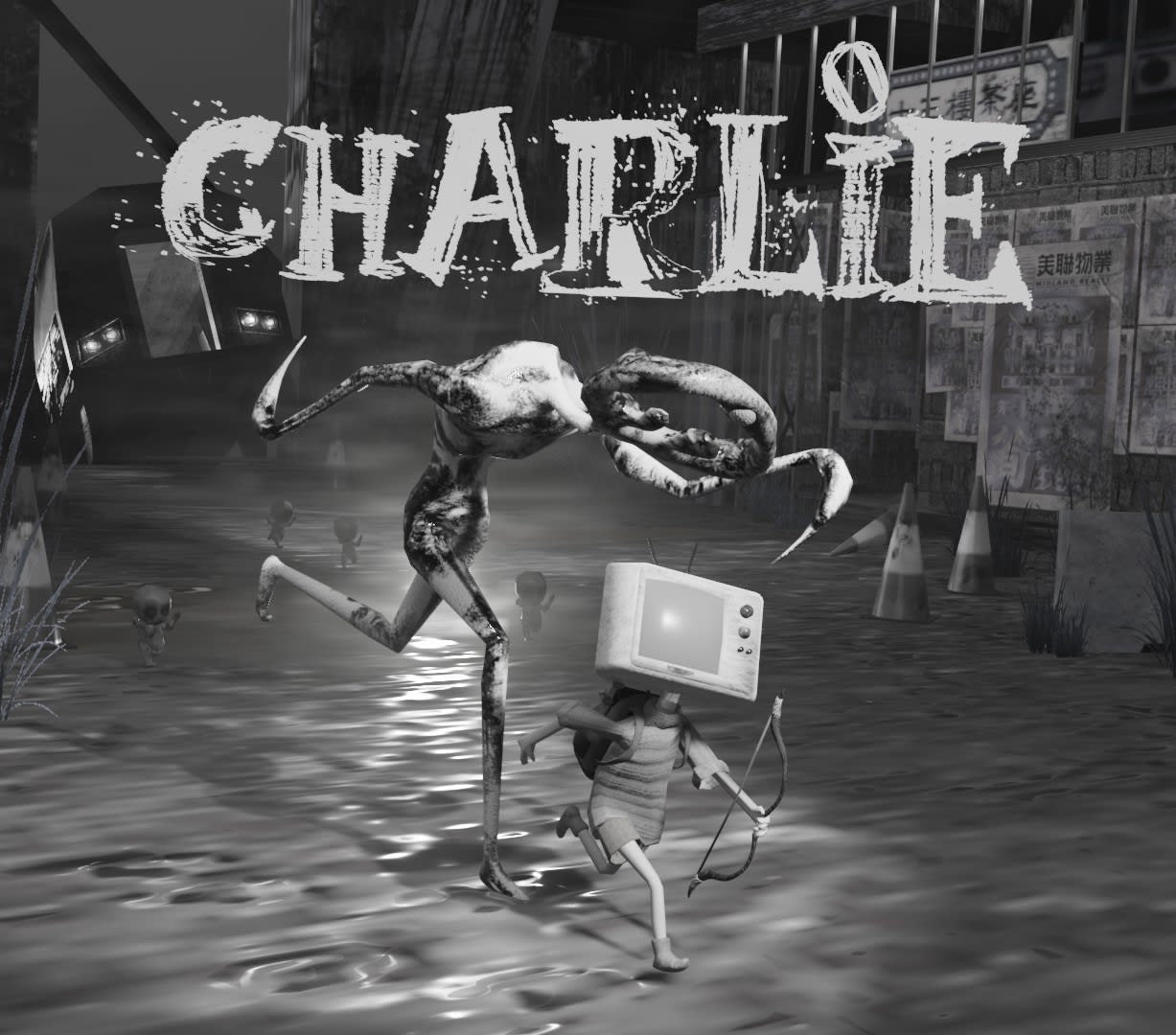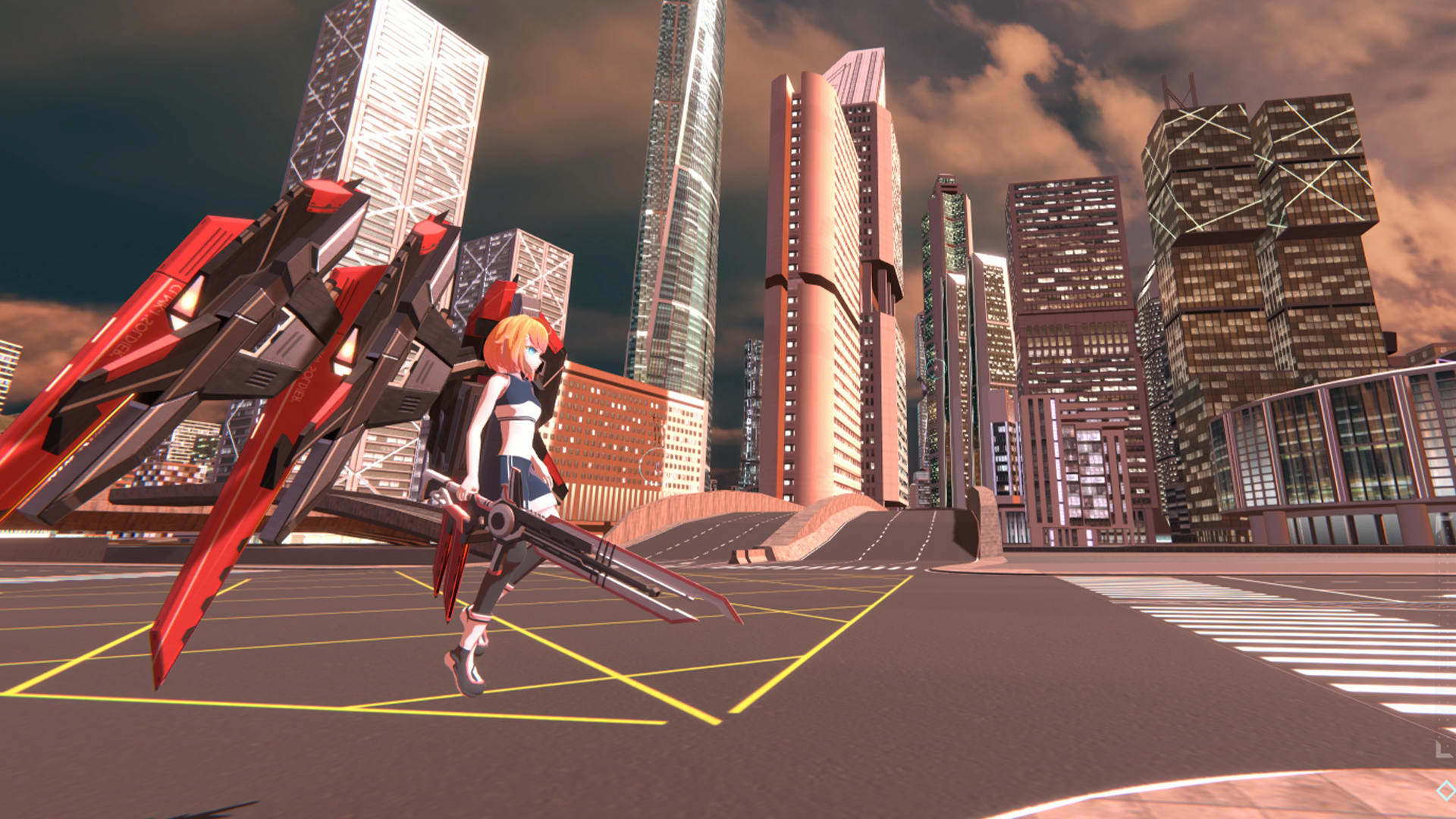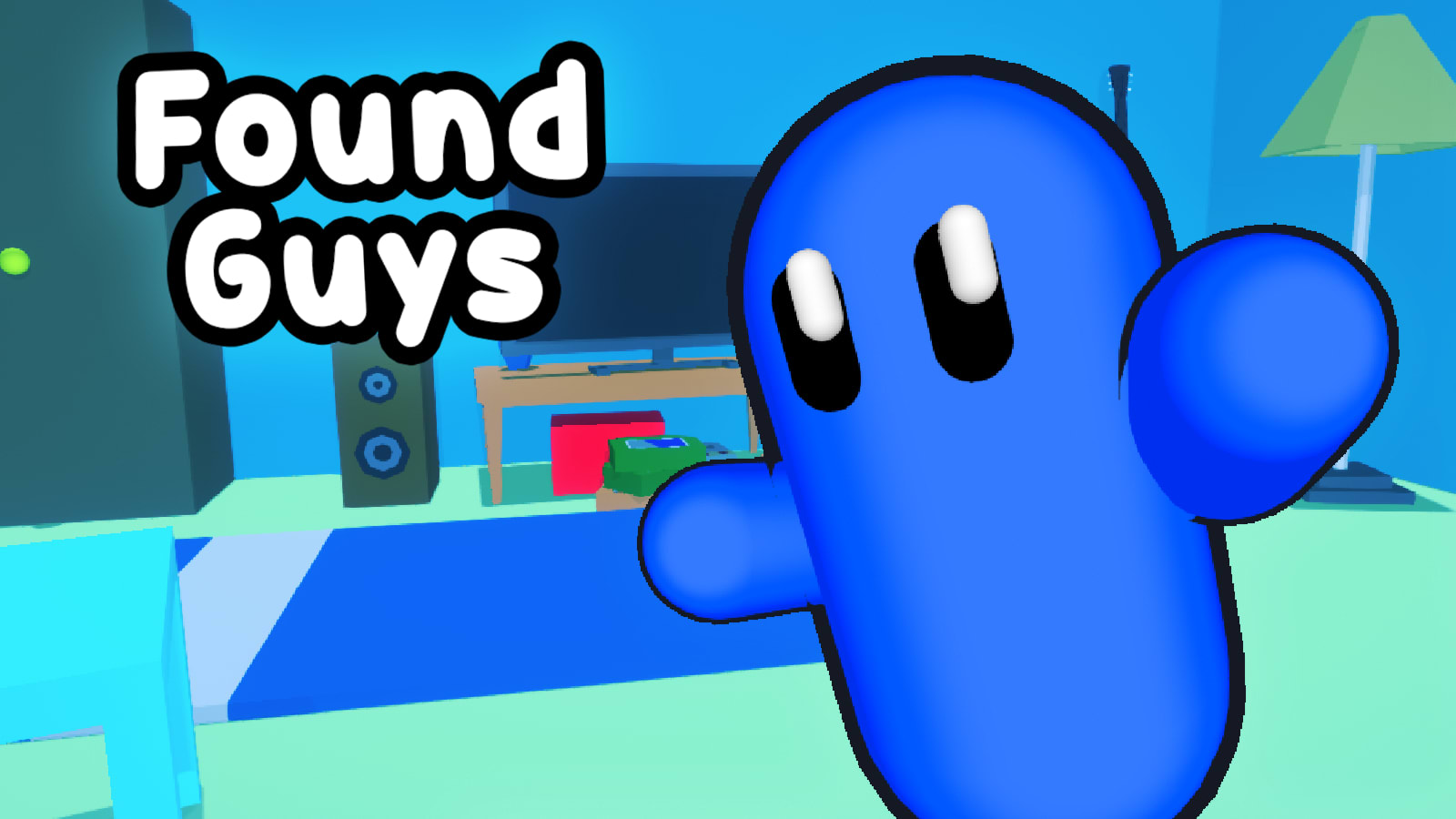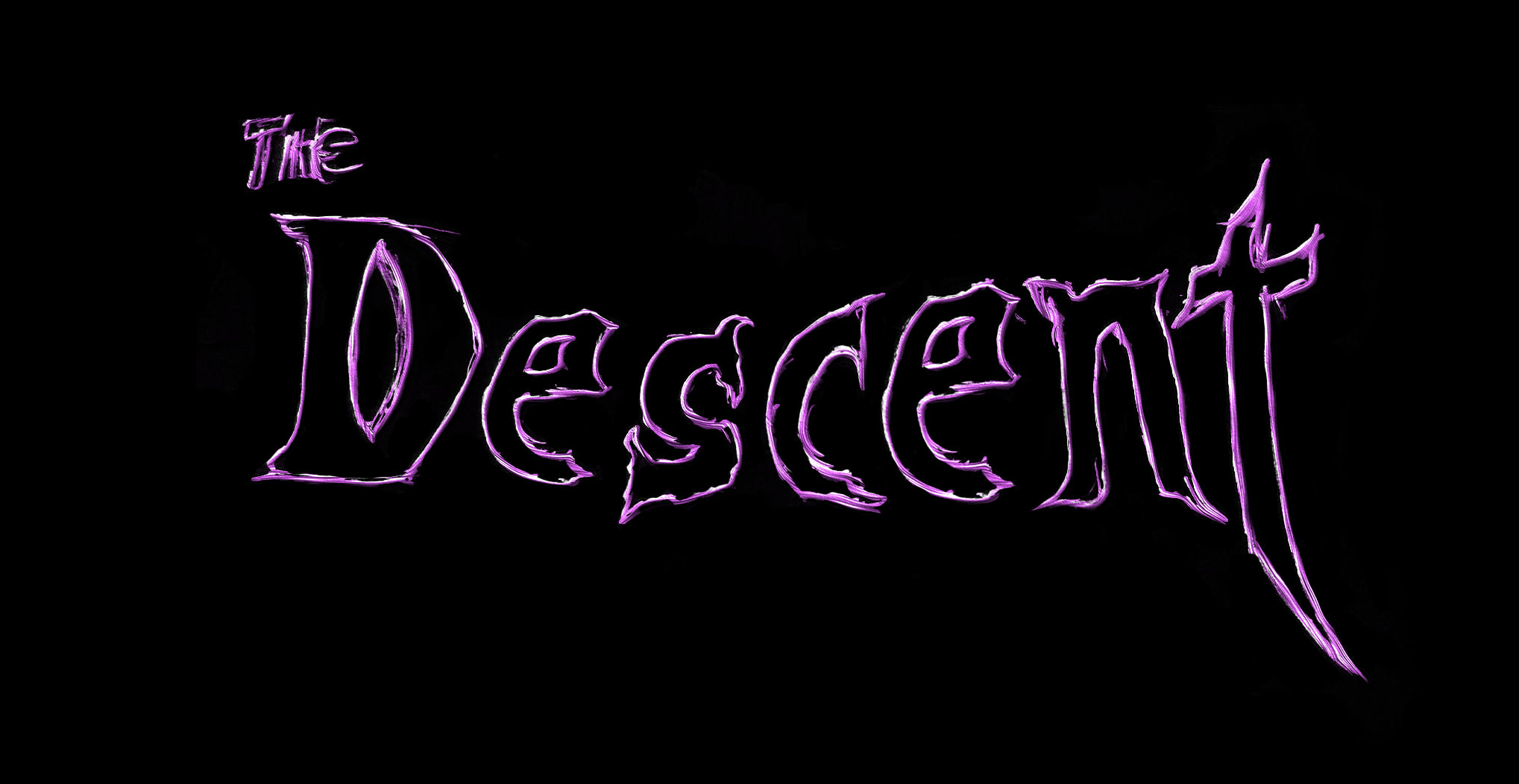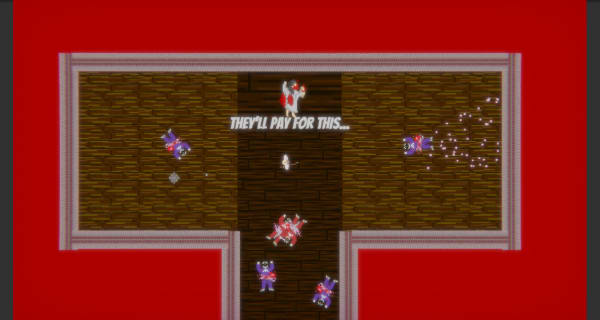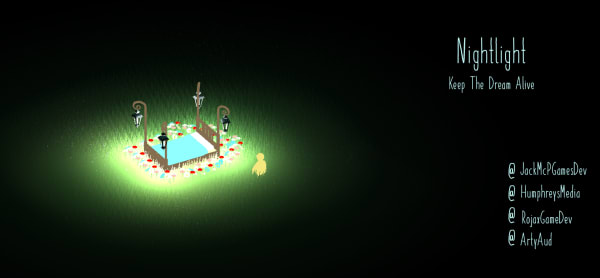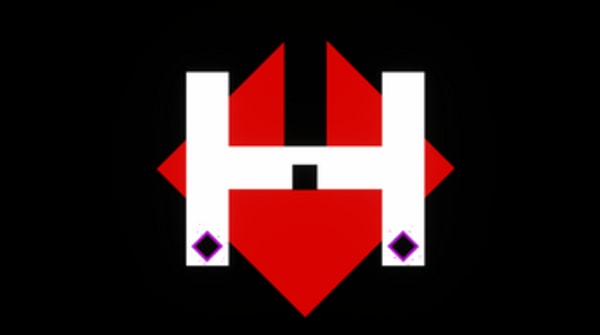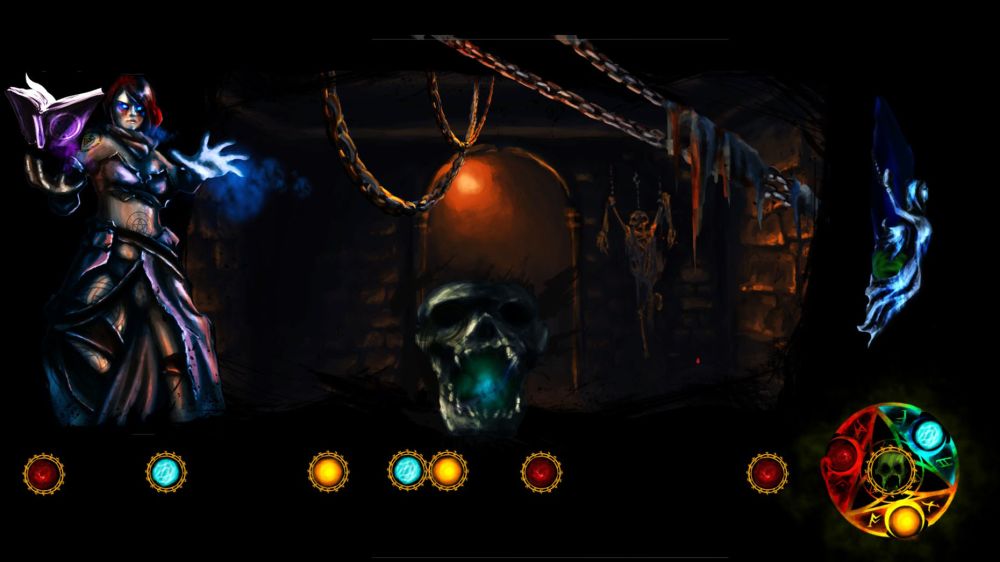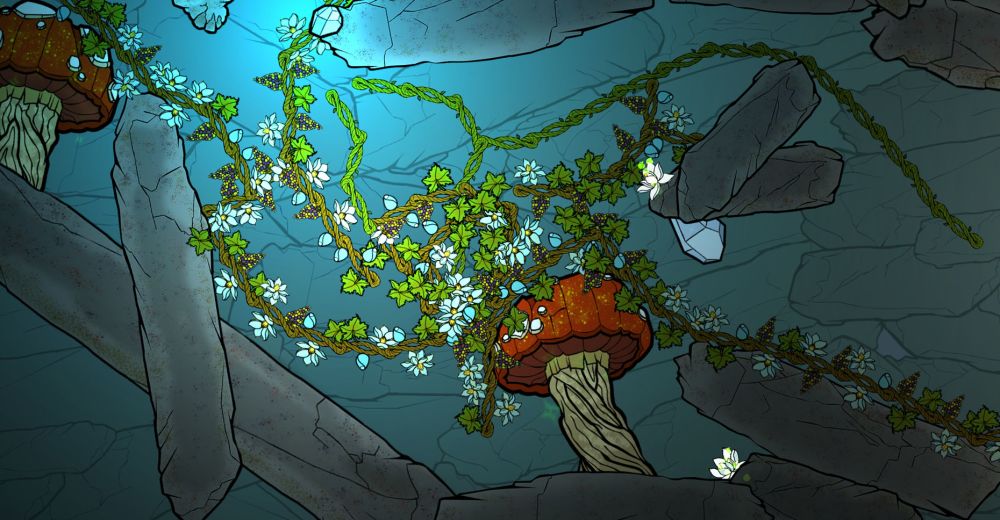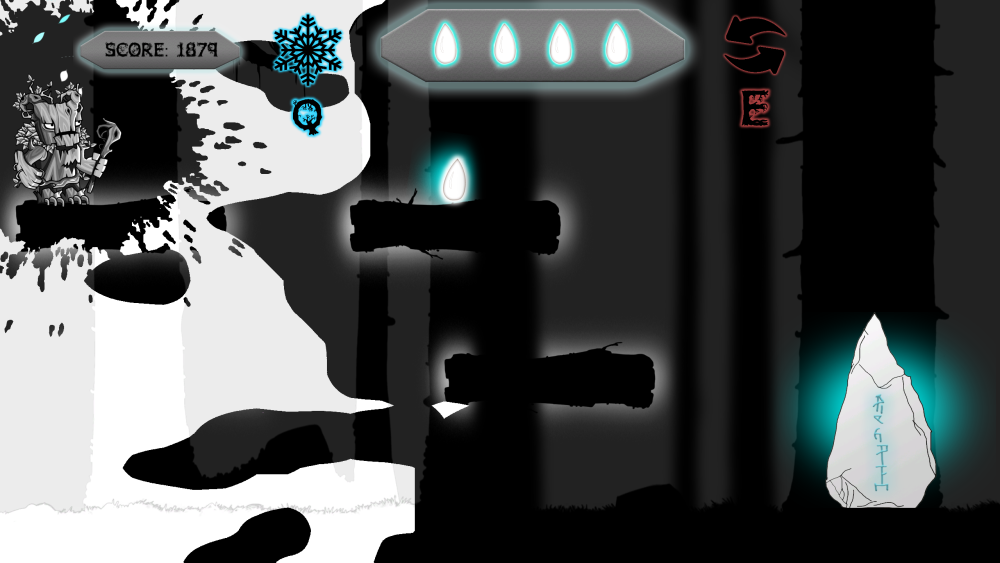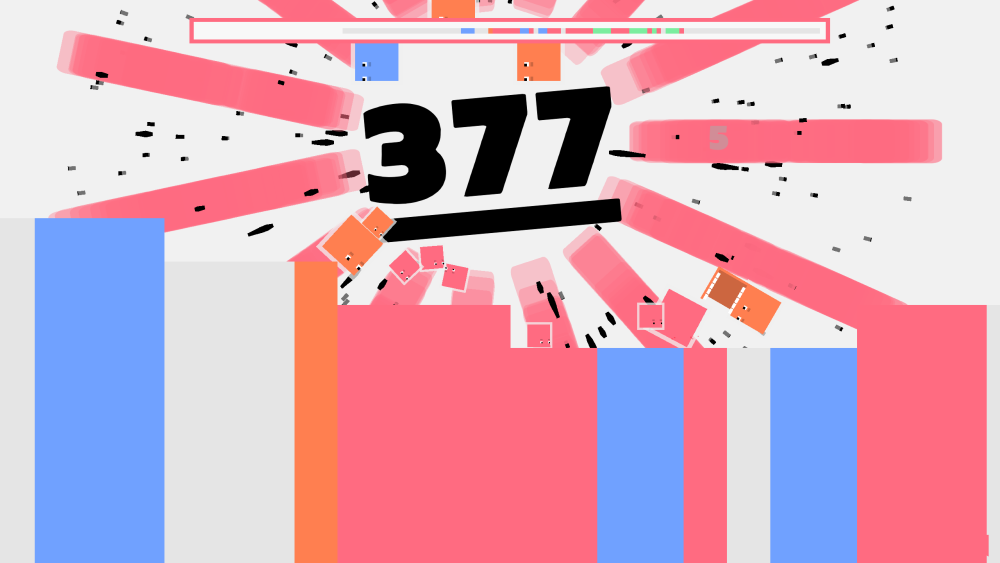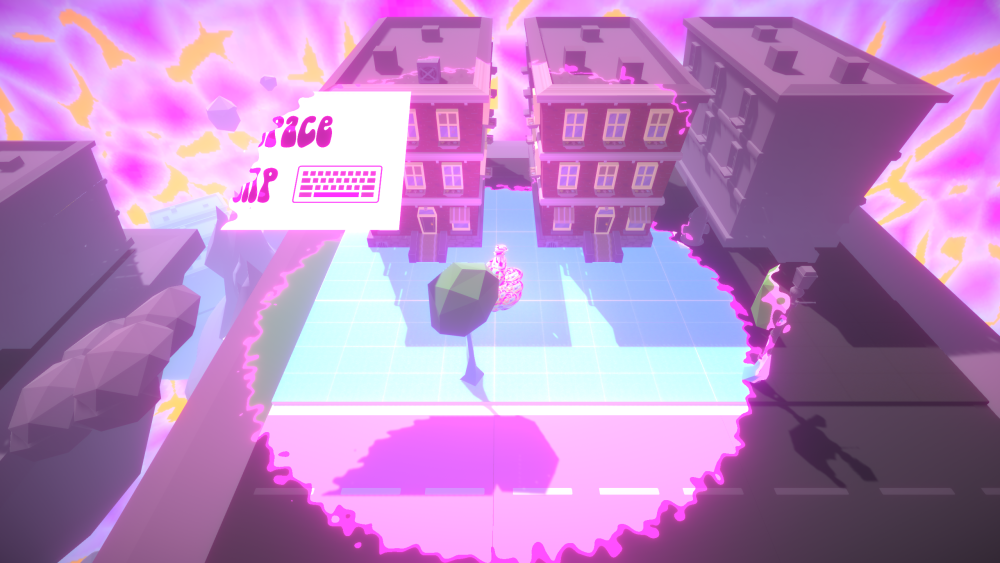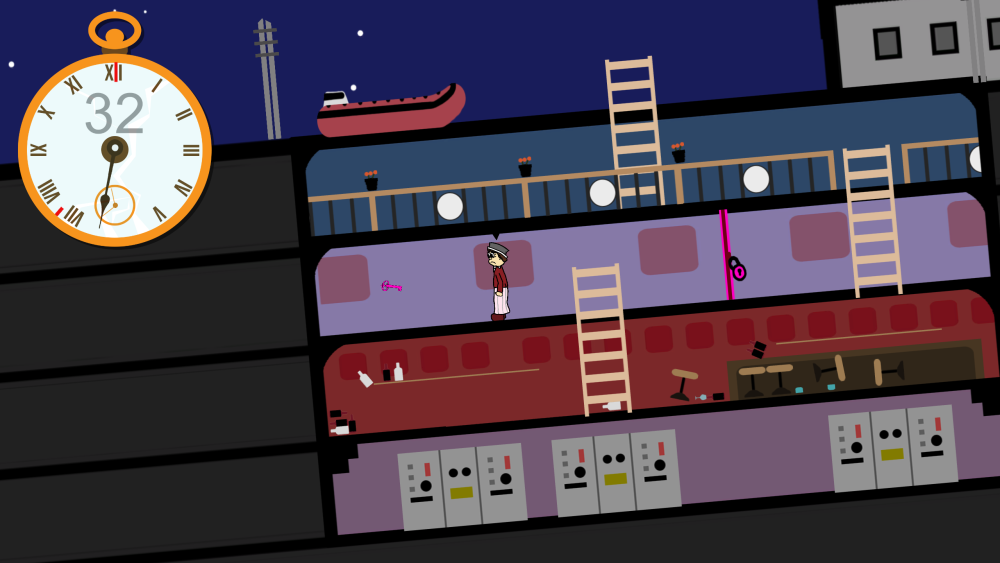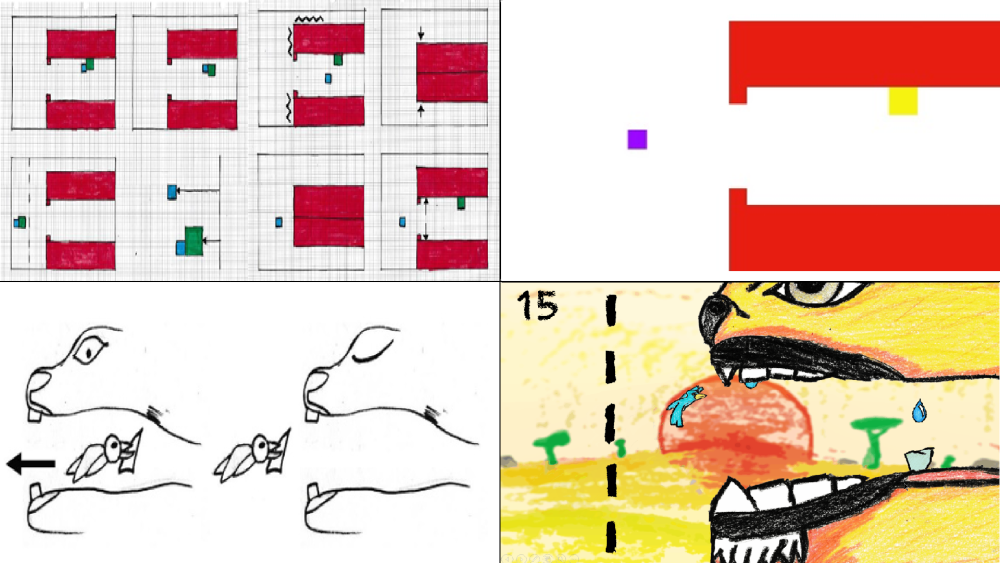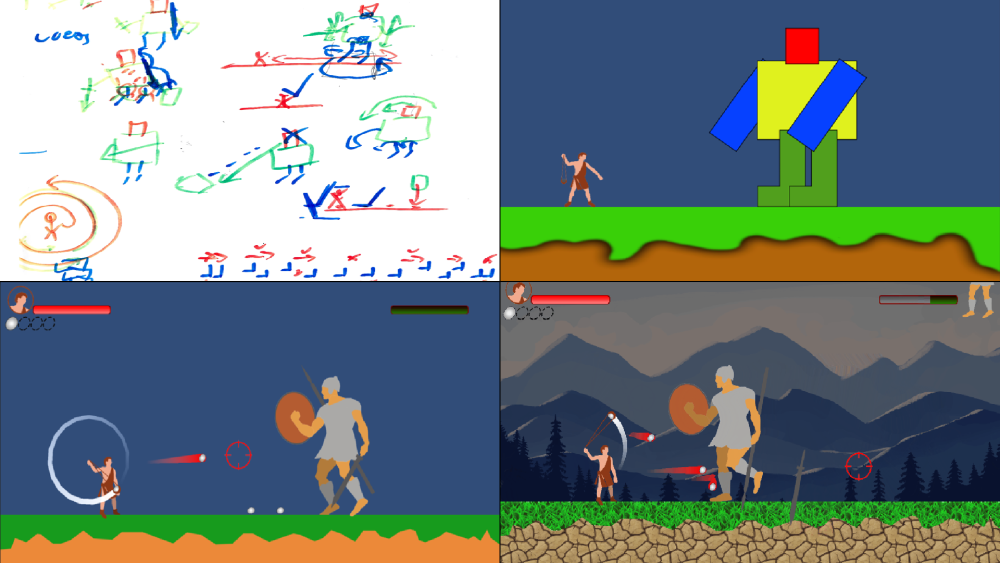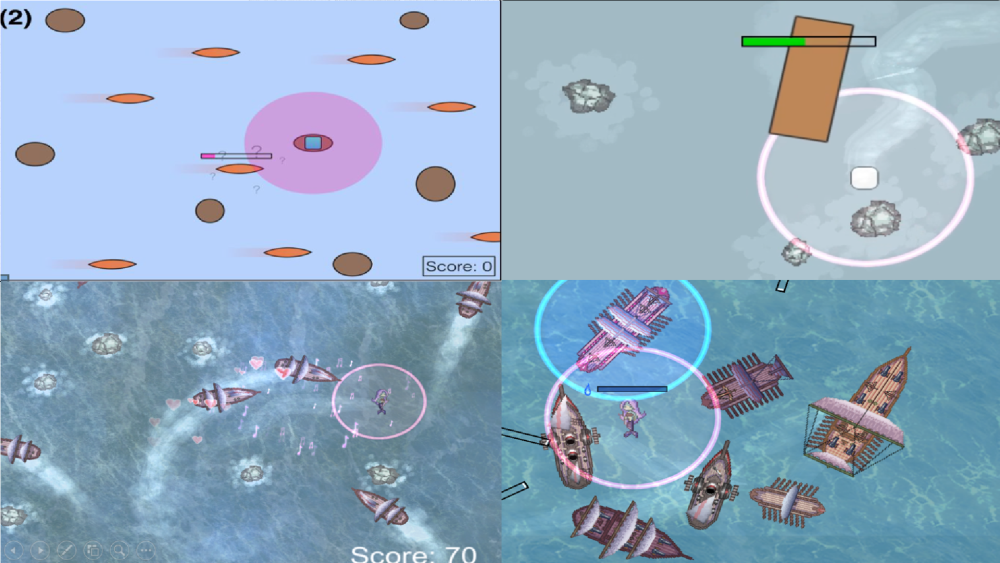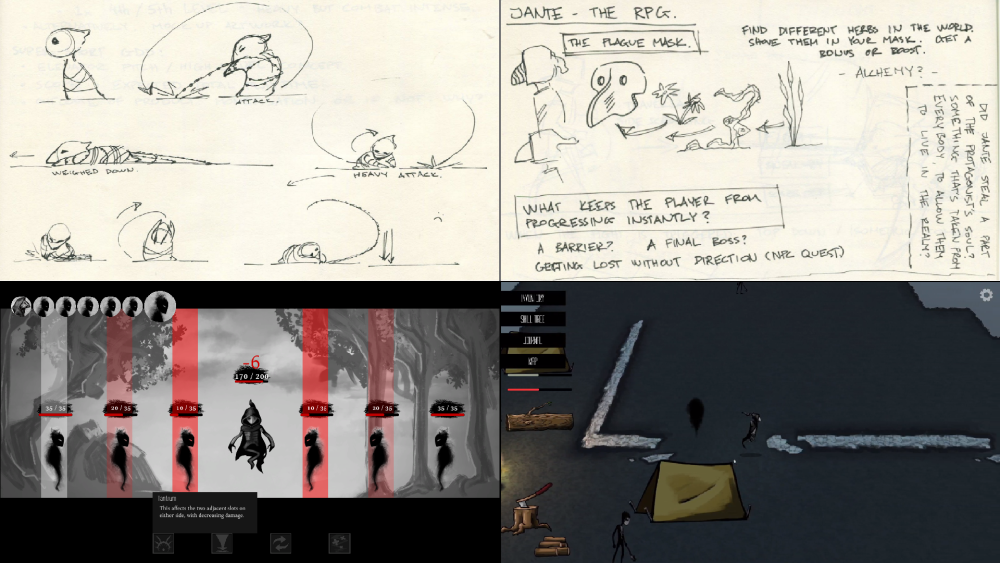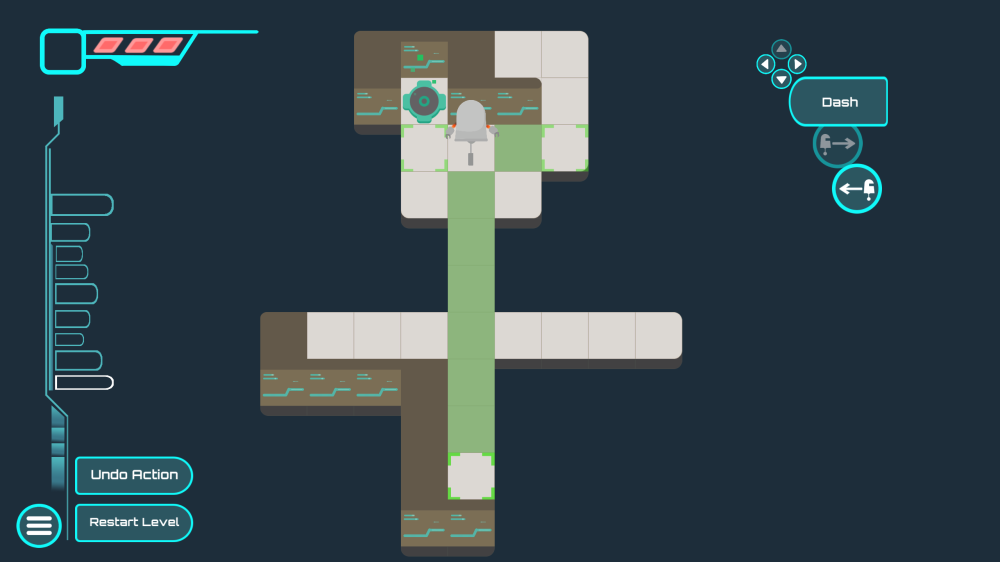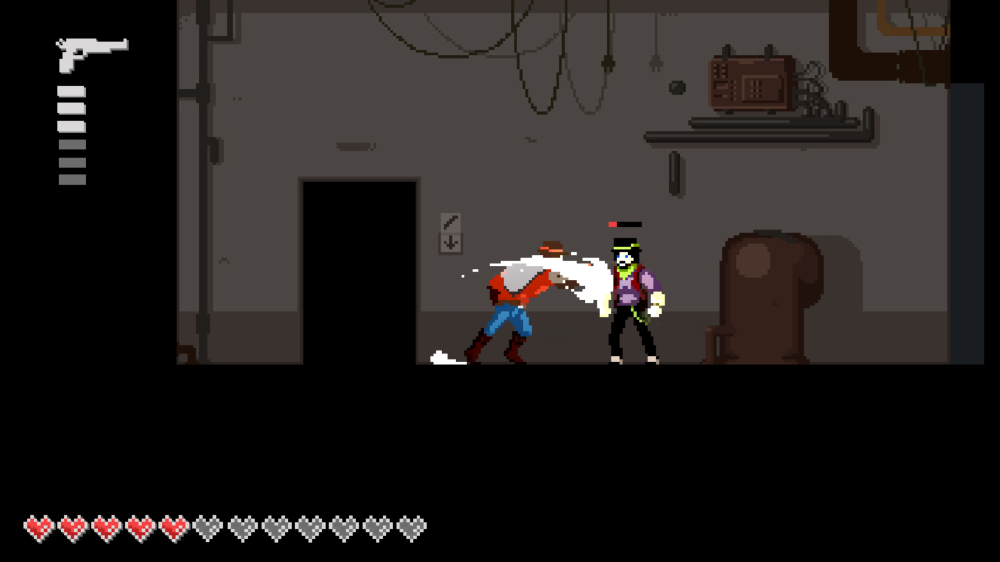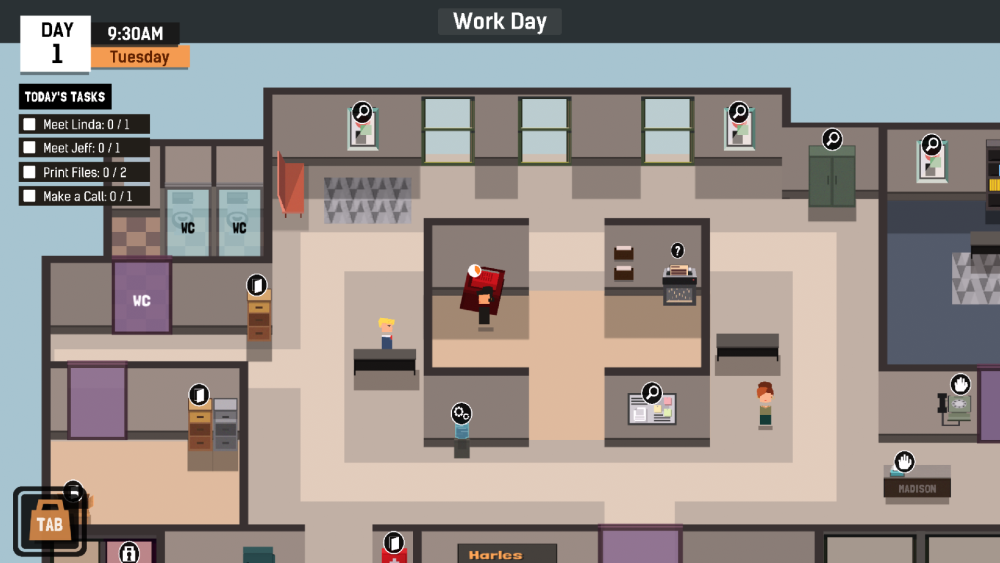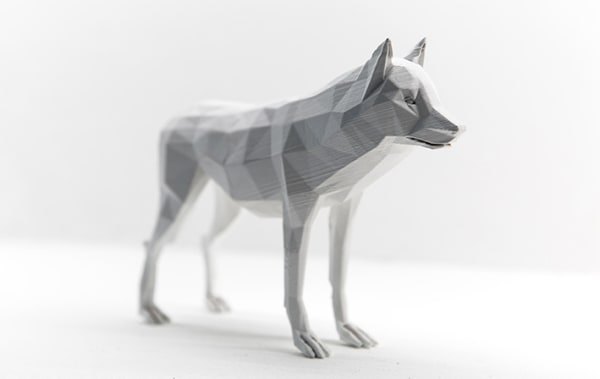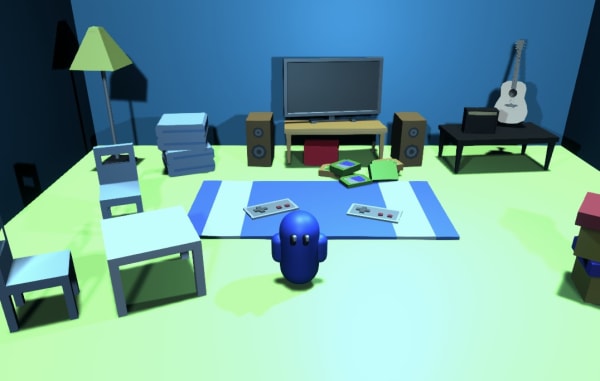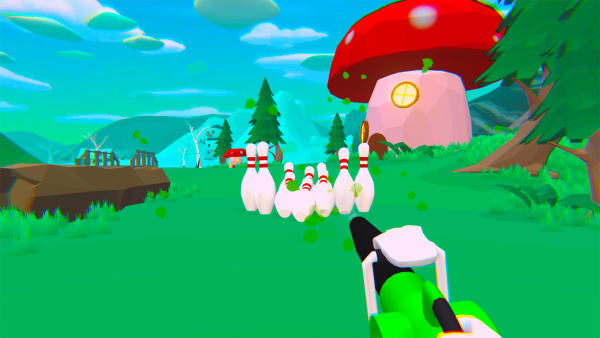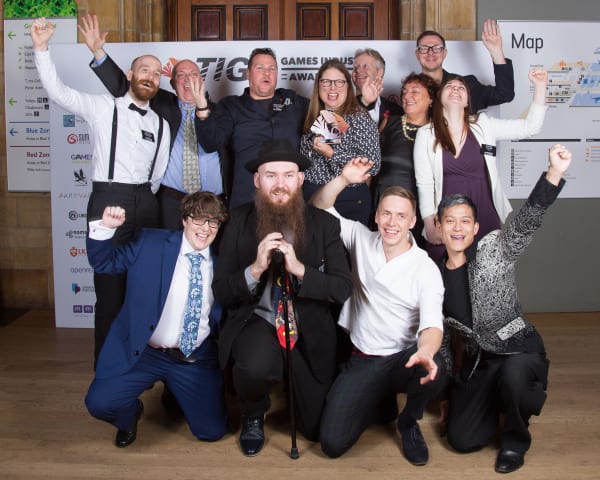Course units
In response to the Climate Emergency, UAL has embedded responsible practices within the curriculum. We shaped our courses around principles of social and racial justice, and environmental sustainability that ensure learning outcomes reflect the urgent need to equip you with the understanding, skills, and values for ethical practice and empower you to work towards an equitable future.
In common with all courses at University of the Arts London, this course is credit rated. The course is 3 years, levels 4-6. Each year requires you to achieve 120 credit points. To be awarded the BA (Hons) Games Design qualification, you need to accumulate a total of 360 credits.
Year 1
Introduction to Games Design (20 credits)
Concept and Design 1 (40 credits)
Prototype Development 1 (40 credits)
Theory of Interaction Design (20 credits)
The units in the first year will define computer games, their history and the subjective nature of play. You will be introduced to practical game design theories and how it effects the design of game hooks and features. You’ll develop an awareness of design documents used to communicate game concepts, and the programming skills needed to implement design documents and build game prototypes.
Year 2
Concept and Design 2 (40 credits)
Prototype Development 2 (20 credits)
Understanding Player Experience (20 credits)
Introduction to Professional Practice (20 credits)
In year 2 you will explore the importance of characters and game environments to aid immersion and enrich the player experience. You’ll examine the importance of genres in specifying potential target audiences. You will be introduced to 3D modelling and how to construct and texture game elements. Develop your programming skills to control multiple autonomous and dynamic objects.
Year 3
Major Project Practical (60 credits)
Professional Practice (Progression) (20 credits)
Thesis (40 credits)
In your third year you will build on existing 3D knowledge by introducing rigging, and the preparation and creation of animation and the use within a games engine. You will be introduced to the integrated development environment: the use of the content pipeline to import graphical images and 3D models, as well as testing and evaluating concepts.
The final year gives students the opportunity to specialise in an area of games design which they are particularly interested in. It supports the acquisition of specialist knowledge for their Major Project dissertation and aids in the development of specialist skills for the Major Project practical, via personal study and supervision.
Optional Diploma between Years 2 and 3
Between Years 2 and 3 of your course, you’ll also have the opportunity to undertake one of the following qualifications:
Diploma in Professional Studies (DPS) (Optional)
An optional, year-long learning opportunity which enables you to develop your professional skills by undertaking time out for industry experience. Supported throughout the year by academics, you’ll build on the knowledge gained on your course in a range of national or international locations, and graduate with an additional qualification of Diploma in Professional Studies.
UAL Diploma in Creative Computing (Optional)
Between Years 2 and 3, you can undertake the year-long Diploma in Creative Computing. This will develop your skills in creative computing alongside your degree. After successfully completing the diploma and your undergraduate degree, you’ll graduate with an enhanced degree: BA (Hons) Games Design (with Creative Computing).
